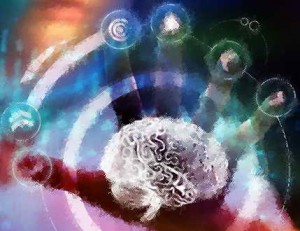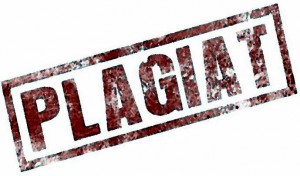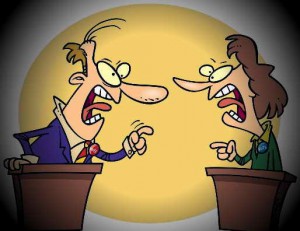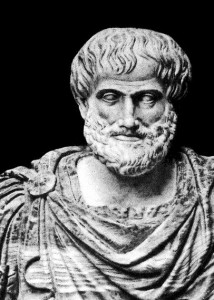 It is common place to consider Aristotle’s Metaphysics and Ethics completely independently of one another. At the same time there are a number of researchers who argue against this traditional point of view and try to find connection between Ethics and Metaphysics of Aristotle.
It is common place to consider Aristotle’s Metaphysics and Ethics completely independently of one another. At the same time there are a number of researchers who argue against this traditional point of view and try to find connection between Ethics and Metaphysics of Aristotle.
In my report I will describe the approach of the authors who suppose that Aristotle’s Ethics has a metaphysical foundation.
And I will show some problem consequences from this point of view. Aristotle’s “Nicomachean Ethics” starts from two fundamental assumes: Continue reading


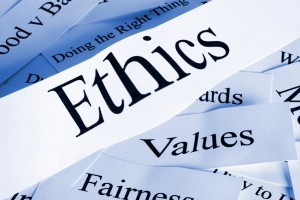
 The concept of “university ethics” is connected with notions – professional ethics, academic ethics, university culture, corporate ethics, etc., but not the same thing.
The concept of “university ethics” is connected with notions – professional ethics, academic ethics, university culture, corporate ethics, etc., but not the same thing.
